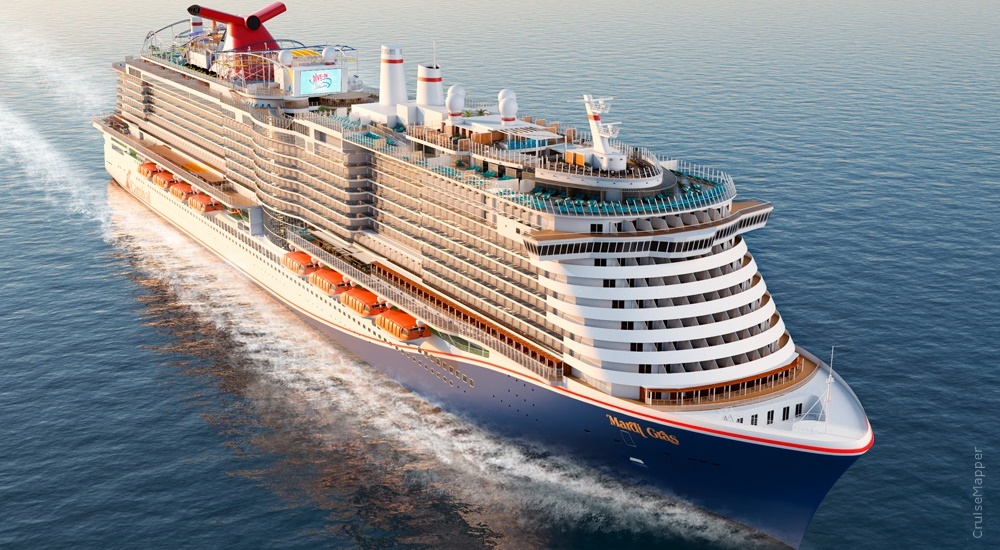The U.S. Centers for Disease Control and Prevention (CDC) published a Level 4 travel notice on Saturday, November 21, advising that "all people" should avoid travel on cruise ships worldwide due to the very high risk of COVID on cruise ships.
On its website, the organization said that cruise passengers were at increased risk of person-to-person spread of infectious diseases, including COVID-19, and COVID outbreaks had been reported on passenger ships.
The Centers added that for passengers who might be considered at increased risk, the warning was "especially" applicable.
"Passengers who decide to go on a cruise should get tested 3-5 days after your trip AND stay home for 7 days after travel.
"Even if you test negative, stay home for the full 7 days."
For travelers who do not get tested, the CDC recommends staying home for 14 days.
A similar update was issued for international air travel, recommending that Americans choosing to fly out of the country get tested before and after travelling.

The travel notice that originally warned against cruising was posted on March 17. On October 8, the CDC instituted a Level 3 warning recommending people "defer travel" on cruise ships worldwide.
On October 30, the CDC issued a "conditional sailing order" replacing its "no-sail" order and allowing a phased-in restart of cruising in U.S. waters. The order did not specify when cruising could restart on ships able to carry 250+ people and required vessels to meet certain standards and complete activities like test cruises.
This month, the industry extended its voluntary operational pause through the end of 2020.
In order to meet the "conditional sailing order," several major cruise lines, including Carnival, Princess, and Holland America, have already opted to further extend their sailing suspensions. Carnival cancelled all sailings in U.S. waters until February, while Princess and Holland America cancelled sailings across the globe until April 2021.